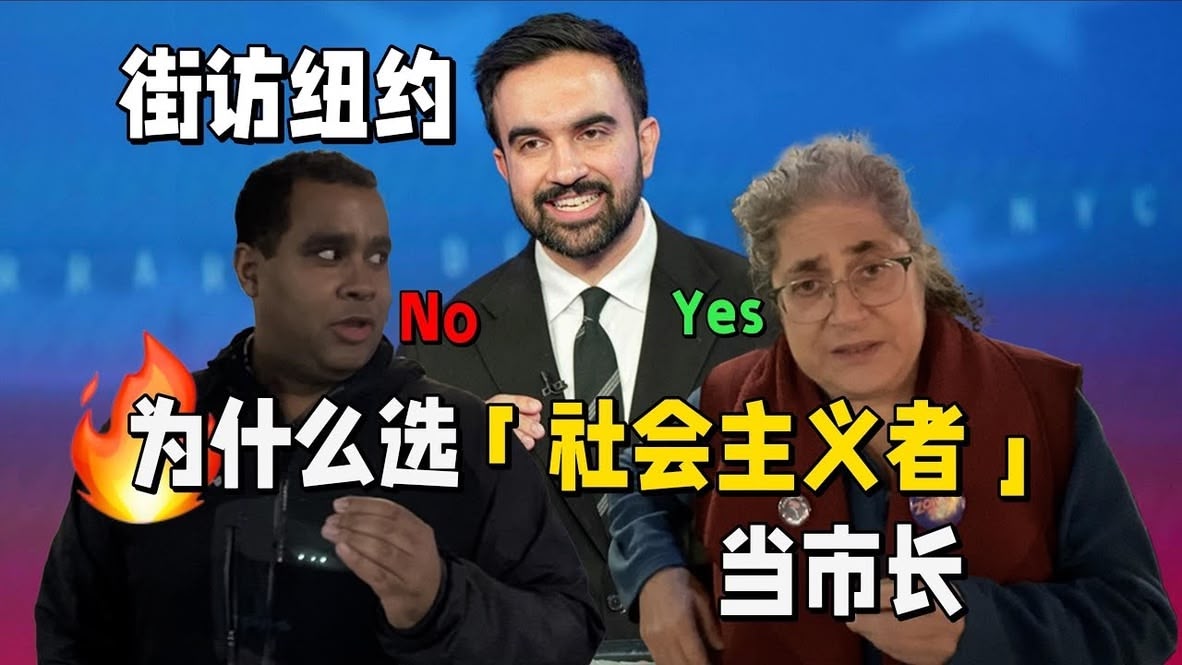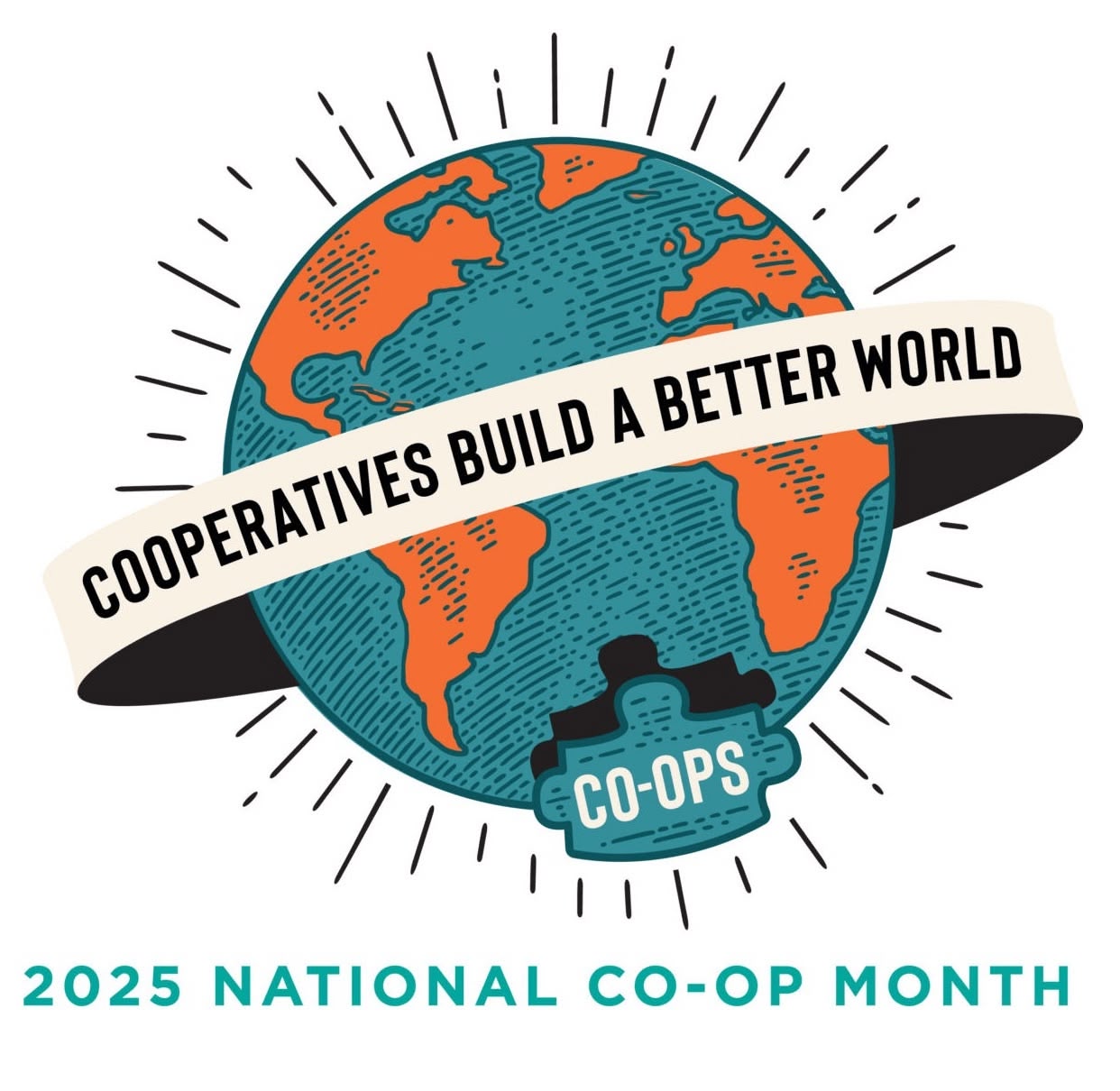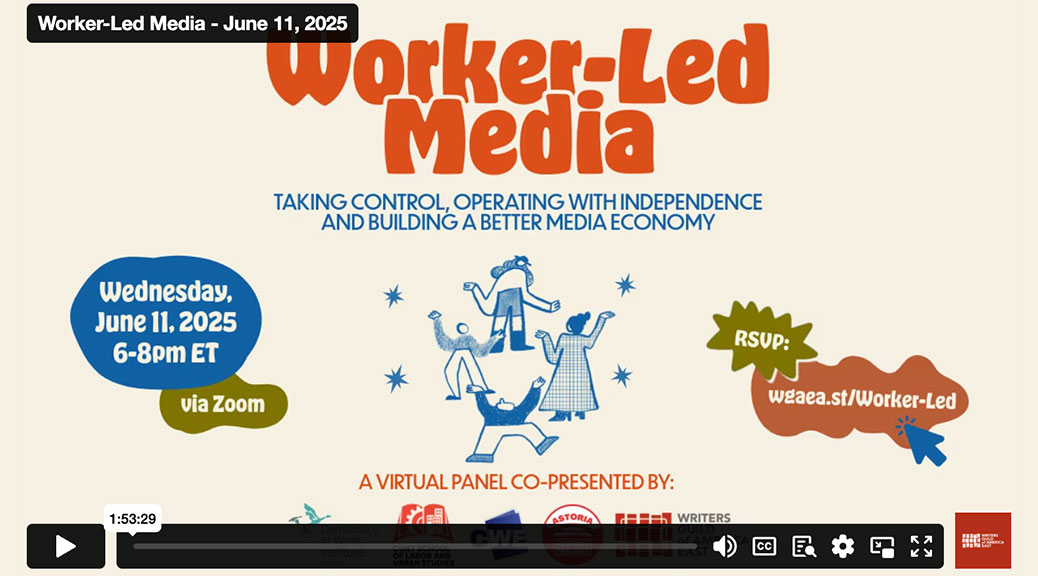-

New Mayor Brings Revived Hope For More Solidarity In Our City
Greetings in this post election season where we can begin to experience hope for our shared values translating to public policy and programs. In the video below Rebecca Lurie found herself being asked for an interview by a Chinese student in Bryant Park after class on Election Day! This was at the very hour the
-

CWOP shows up for Co-op Month
This season has brought many activities to many of us at the Community and Worker Ownership Project. 2025 is the International Year of Cooperatives. And October is 2025 CO-OP Month!
-
Dolphin Schools Spring 2025
In the final weeks of the Spring term, 2025, students in the WDCO certificate program debuted their ideas in our “Dolphin Schools”. The Dolphin Schools provides students with the opportunity to showcase their innovations and what they studied during the course of their time in the program. This process invites dialogue with stakeholders, advisors and
-

Worker-Led Media: A virtual panel on building a better media economy. Taking Control, Operating with Independence & Building a Better Media Economy
By Prajna Brooks On June 11th, 2025, we held a panel discussion with journalists from worker-owned cooperatives. Hosted by the Writers Guild of America East, Matt Pearce from Rebuild Local News acted as a moderator. The speakers included Anh-Thu Nguyen from Democracy at Work Institute, Max Rivlin-Nadler from Hell Gate, Bikram Chatterji from Maximum Fun,
We are thrilled to welcome you to our blog! The School of Labor and Urban Studies (SLU) comes out of a singular collaboration among labor unions, city workers, community organizations and academic institutions and their faculty and staff. Our blog is a window into this dynamic intellectual and politically engaging community.
The opinions expressed in both original and cross-posted articles on this blog belong to their authors alone and do not necessarily reflect the opinions of SLU or CUNY.
Questions and submissions can be sent to communications@slu.cuny.edu


